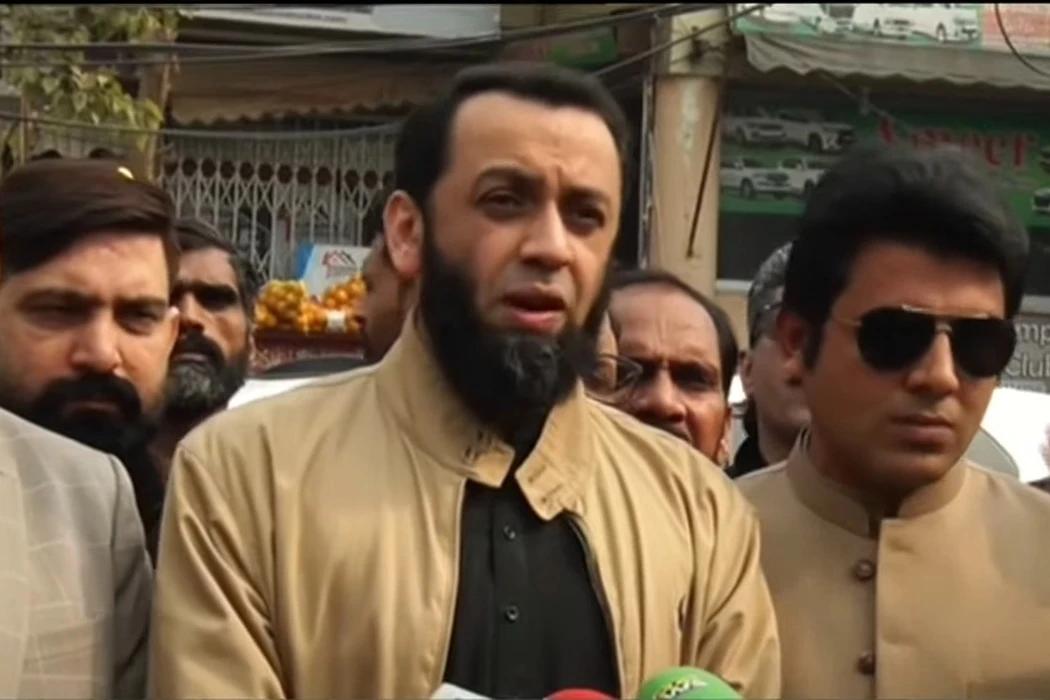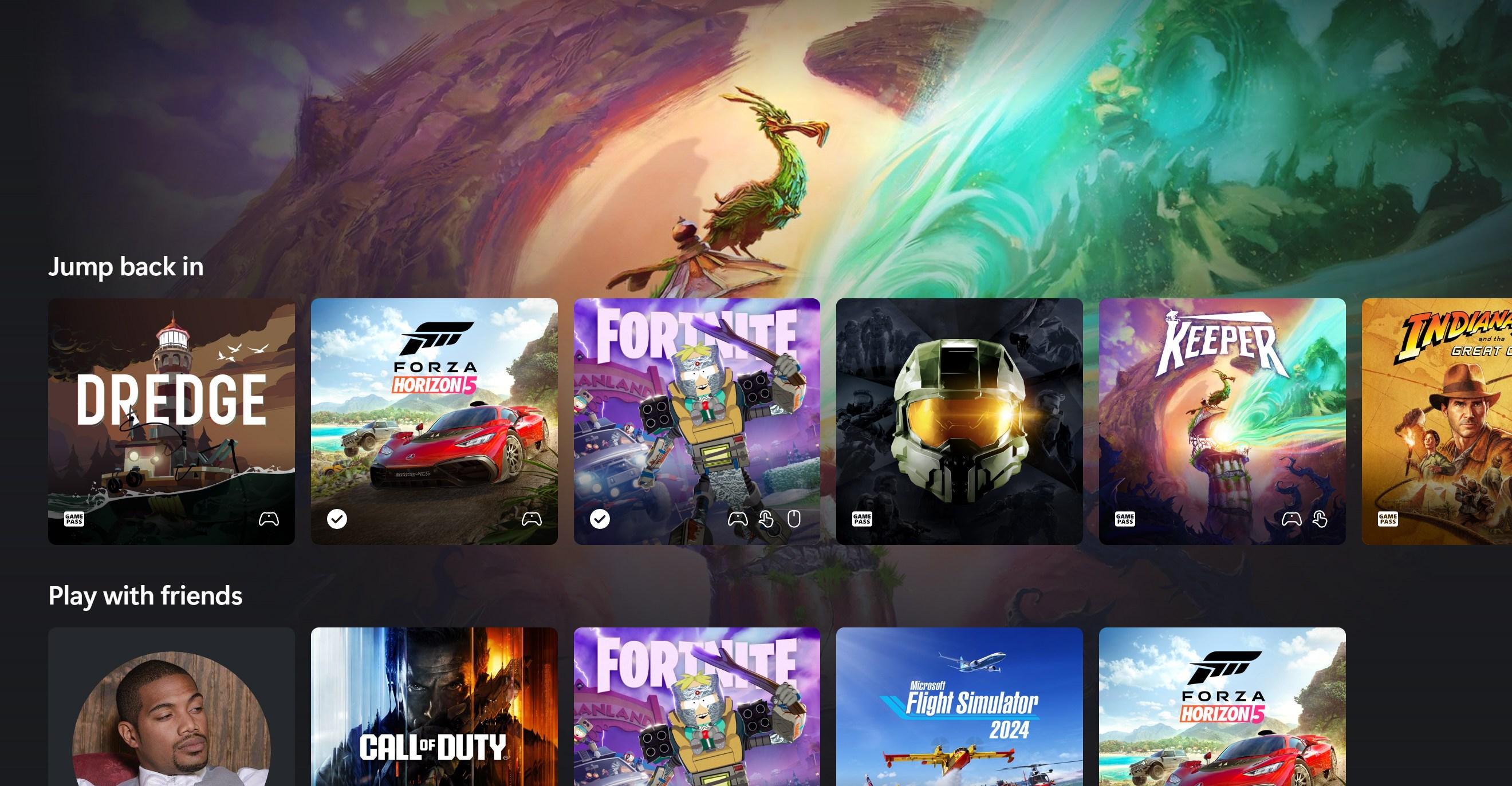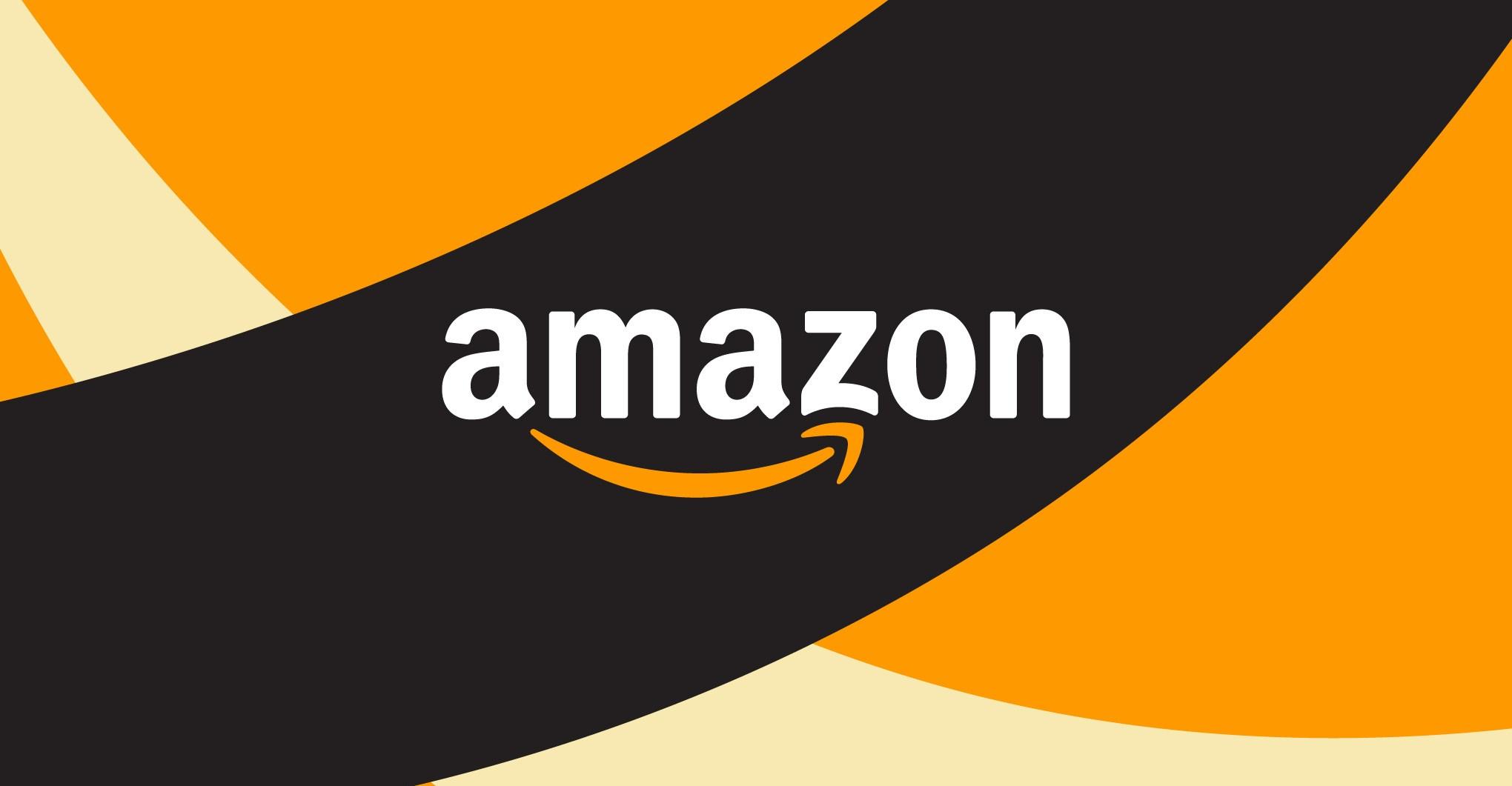The prospect of long-term protection from members of the world's most powerful military bloc comes a day after President Volodymyr Zelenskiy decried as "absurd" NATO's refusal to offer an invite or timetable for Ukraine's entry into the alliance.


Vilnius: The United States, Britain and global allies prepared to unveil new security assurances for Ukraine at a NATO summit on Wednesday, designed to protect the country from future attacks while Kyiv strives towards membership of the alliance.
The prospect of long-term protection from members of the world's most powerful military bloc comes a day after President Volodymyr Zelenskiy decried as "absurd" NATO's refusal to offer an invite or timetable for Ukraine's entry into the alliance.
Ukraine has been pushing for rapid NATO membership while fighting a Russian invasion unleashed in February 2022 that has killed tens of thousands and displaced millions.
Instead, a declaration by the G7 world's most industrialised countries "will set out how allies will support Ukraine over the coming years to end the war and deter and respond to any future attack", said a British government statement.
In practice, this would come as bilateral agreements with Kyiv on long-term military and financial aid to keep Ukraine's army and economy running. The G7 is made up of the United States, Germany, Japan, France, Canada, Italy and Britain.
Swallowing his disappointment over the lack of a membership timetable, Zelenskiy on Wednesday said the results of the summit in Vilnius had been good overall and welcomed a flurry of announcements of new military aid from allies.
Nevertheless, Zelenskiy pressed for more, and said he would raise Ukraine's need for long-range weapons at a meeting with U.S. President Joe Biden at the summit.
"We can state that the results of the summit are good, but if there was an invitation, they would be ideal," Zelenskiy said.
White House national security adviser Jake Sullivan said Biden would be open with Zelenskiy about the rationale for NATO's decision on membership.
"He knows that President's Zelenskiy has strong views and isn't afraid to express those views. And he, President Biden, also is very straightforward and honest and candid with President Zelenskiy," Sullivan told MSNBC.
'ASSURANCES MUST BE CREDIBLE'
NATO, an alliance built around mutual security guarantees - the concept that an attack on one is an attack on all - has carefully avoided extending any firm military commitments to Ukraine, worried that would risk taking it closer to a full-on war with Russia.
Ukraine is deeply suspicious of any less-binding security "assurances", given that Russia's invasion already trampled the so-called Budapest Memorandum under which international powers committed to keeping the country safe in exchange for Kyiv giving up its Soviet-era nuclear arms.
Speaking alongside Zelenskiy, NATO Secretary General Jens Stoltenberg said Ukraine was closer to the alliance than ever before, and brushed aside new warnings from Russia about the consequences of supporting Ukraine.
"Ukraine has the right to choose its own path", Stoltenberg said, adding: "It is not for Moscow to decide". The security assurances for Ukraine had to be "credible", he said, in order to deter Russia from future attacks.
"Of course guarantees, documents, council meetings are important but the most urgent task now is to ensure enough weapons for Ukrainian President Zelenskiy and his armed forces," Stoltenberg said.
British Prime Minister Rishi Sunak said the security arrangements for Ukraine were not designed to be a substitute for full NATO membership.
On Wednesday, Zelenskiy was holding bilateral meetings with the United States, Canada, Germany, Britain, Japan and the Netherlands on the sidelines of the second day of the NATO summit in Vilnius to secure more arms for his counteroffensive.
"More weapons for our warriors, more protection of life for the whole of Ukraine! We will bring new important defence tools to Ukraine," he said on Twitter.
The first sitting of a new NATO-Ukraine Council was also due on Wednesday, a new format designed to tighten cooperation between Kyiv and the 31-nation alliance.
NATO was set up in 1949 to defend allies against any attack from the Soviet Union. After the Cold War ended and some in the West hoped to improve ties with Moscow, a similar NATO-Russia Council was set up in 2002.
NATO stopped that engagement after Russia annexed the Black Sea peninsula of Crimea from Kyiv in 2014 and backed proxies fighting government troops in eastern Ukraine.
Russia's full-scale invasion in 2022 brought war back to Europe's doorstep, reviving Cold War-era animosities.
NATO says Ukraine would not be allowed in while at war with Russia, with Washington and Berlin warning against any moves that could put the alliance in a direct conflict with Moscow.
Backers of Ukraine's swift NATO accession in eastern Europe and elsewhere, on the other hand, have bristled at what they saw as a disappointing outcome of the first day of the summit.
Russia, which says NATO's eastward expansion is an existential threat to its own security, swiftly lashed out.
Dmitry Medvedev, the deputy secretary of Russia's powerful Security Council chaired by President Vladimir Putin, said increasing military assistance to Ukraine by NATO was bringing closer a World War Three.
Courtesy: Reuters

Interior minister,CM Balochistan and Corps Commander visit CMH Quetta
- a day ago

Who will win the Australian Open men's title?
- a day ago

With Bader in center field, Giants move Lee to rig...
- a day ago
Security forces kill 22 more terrorists during pursuit operations in Balochistan: sources
- an hour ago
Pakistan vigorously working on economic reform agenda, PM tells WB chief
- 15 minutes ago

Security forces committed to eliminate anti-Pakistan proxies: Attaullah Tarar
- 21 hours ago

Gold prices continue to drop in Pakistan, global markets
- 2 hours ago
PM urges KP govt to fulfill its responsibilities for law and order, health, education sectors
- an hour ago

Balochistan operations: 145 terrorists killed as CM vows long term fight against terrorism
- a day ago
Israel reopens Gaza’s Rafah border crossing to Egypt, with limits
- an hour ago
Rose breaks 36-hole Torrey Pines mark, up 4 shots
- 10 hours ago

Draymond: Not losing sleep as Giannis talk swirls
- a day ago



